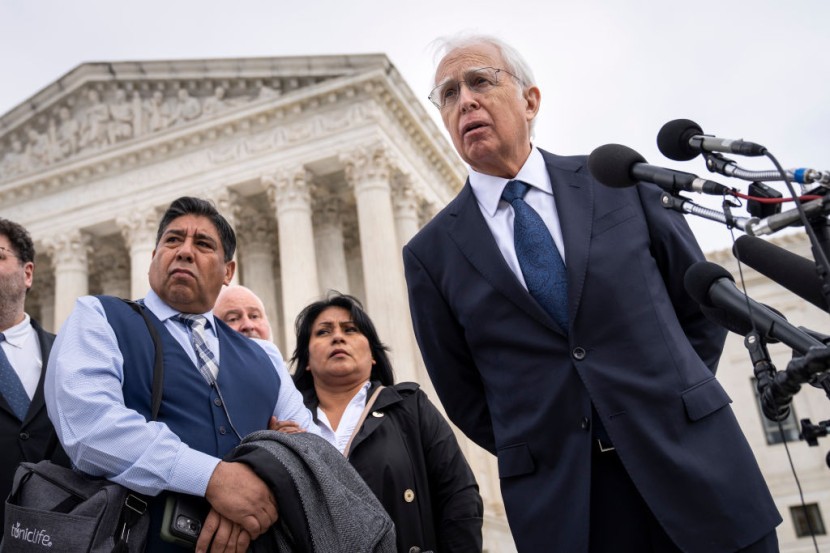
Supreme Court justices voiced their hesitance to rule in the high-profile Section 230 case against Google over potentially unintended consequences.
The hearing on Tuesday was regarding making websites legally liable for their automatic recommendations of user content. The case highlights the challenges attorneys face in their attempt to hold the tech giant accountable for suggesting YouTube videos that terrorist groups or their followers created.
Supreme Court Hears Case on Section 230
Nine justices questioned attorneys representing Google, the United States government, and the family of Nohemi Gonzalez for almost three hours. Gonzales was an American student killed in an ISIS attack in 2015.
The justices questioned the attendees about how the court could design a ruling that exposes harmful content recommendations to liability while protecting non-harmful ones. If or when the Supreme Court makes a ruling, there could be significant implications in how websites rank, display, and promote content to users on their platforms to avoid litigation, as per CNN.
The attorney representing the family of Gonzalez argued that narrowing Section 230 of the Communications Decency Act would not result in sweeping consequences for the online world. The Act is a federal law that protects websites' rights to moderate their platforms as necessary.
However, both the court's liberals and conservatives have argued that the Supreme Court could make a decision that impacts everything from "pilaf [recipes] from Uzbekistan" to individual users on various social media platforms.
The justices expressed concern over the waves of lawsuits that could result if they ruled in favor of the Gonzalez family. During the hearing, Justice Brett Kavanaugh said that "lawsuits will be nonstop."
Tech Giants' Legal Immunity
The Gonzalez family argues that Google violated the Anti-Terrorism Act through its subsidiary YouTube by aiding and abetting ISIS when it promoted the terrorist group's videos. However, according to CNBC, lower courts have sided with the tech giant, saying that Section 230 provides immunity from being held liable for third-party content posted on its service.
But the Supreme Court justices needed to understand where the petitioner's counsel, Eric Schnapper, was drawing the line on what recommendations count as content that YouTube itself generates.
At one point, conservative Justice Samuel Alito said he was "completely confused" by Schnapper's distinction between the video platform's speech and that of a third party. The council repeatedly referenced the thumbnail image that YouTube shows to users that feature content coming next.
Schnapper said that the thumbnail was a joint creation between YouTube and the third party that posted the video, which, in the particular case of the Gonzalez family, is ISIS, because the platform contributes the URL.
On the other hand, Lisa Blatt, Google's attorney, dismissed Schnapper's argument, saying that it was never part of the plaintiff's complaint in the case. Like Alito, Justice Ketanji Brown Jackson said she was confused by what was being discussed. She said that she believed the relevant issue was the scope of Section 230 immunity and not what could trigger liability, said Fox News.
Related Article: Mormon Church Pays Massive Settlement for Hiding Billions of Dollars
© 2026 HNGN, All rights reserved. Do not reproduce without permission.








